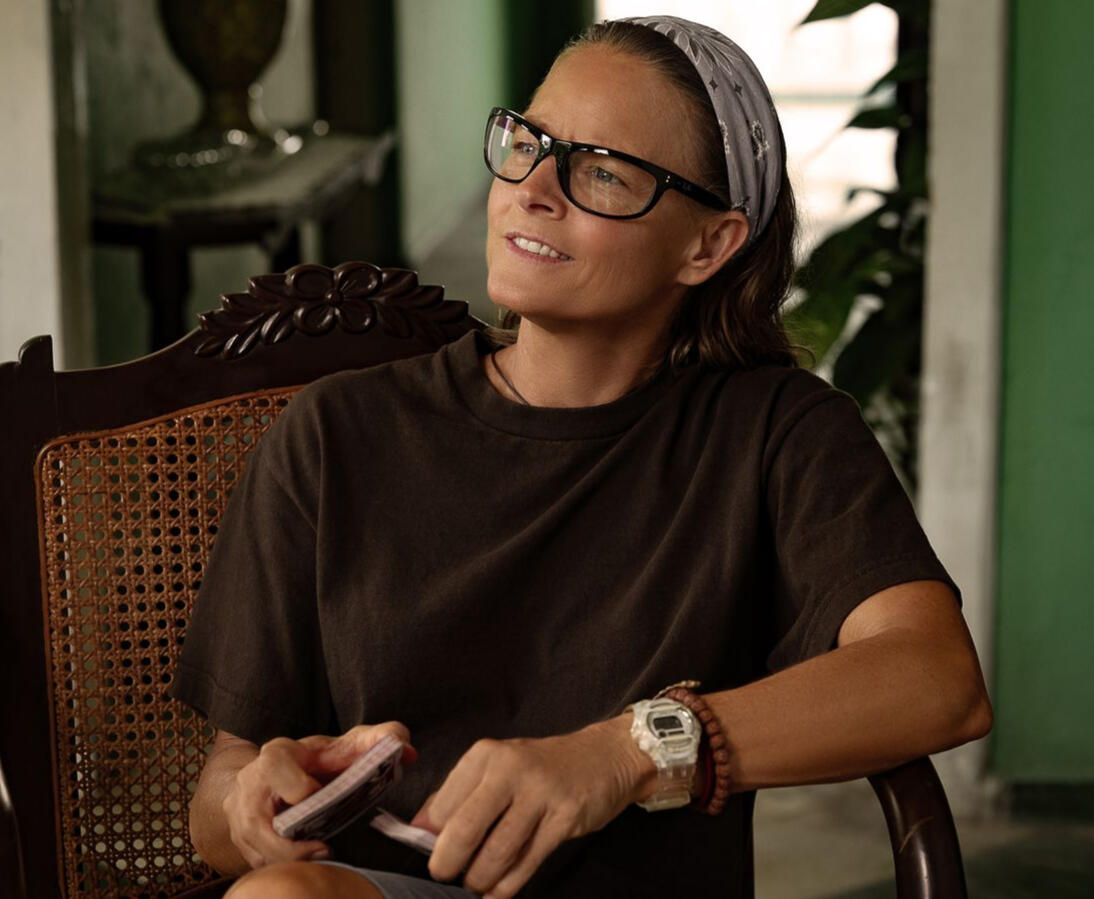the fluidity of "queer baiting"
an online exhibition made by noir
for queer currents spring 2024
exhibition summary
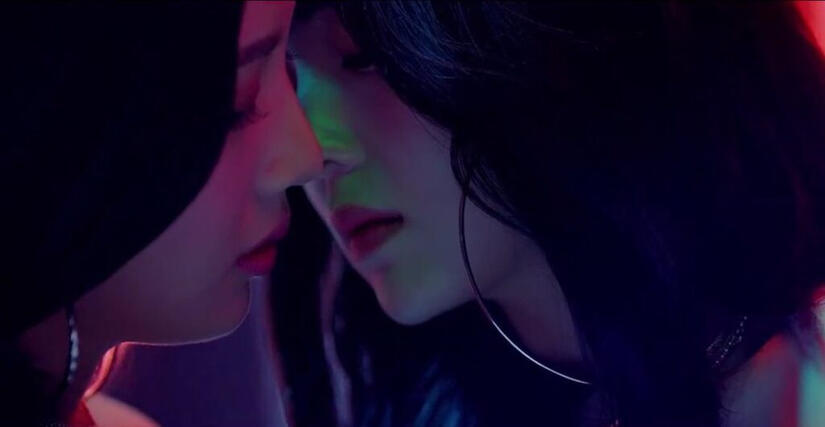
the goal of my exhibition is to show the evolution of, and how far removed we are from the original meaning of the term "queer baiting," originally meant to criticize authors of fictional works.it includes various accounts from (and about) celebrities, articles, artist music videos, pieces of text, etc — to emphasize the wide variety and ambiguity of “queerness" and how it is specifically applied to celebrities and public figures, and how they are expected to display or perform queerness.additionally, it also explores how we as individuals interact with queerness, as a whole, in our current social climate. the explicitness we expect from films and media has translated and been weaponized into how we perceive and interact with real people — and the expectation, now, is that they're obligated to be 100% clear about their sexuality or identity in order to engage with certain aesthetics and ideas, stories, etc.finally, the exhibition touches on how some celebrities, public figures, idols, and companies use queerness as a tool and marketing ploy for their own benefit.
1. black women, bisexuality, & policing identity
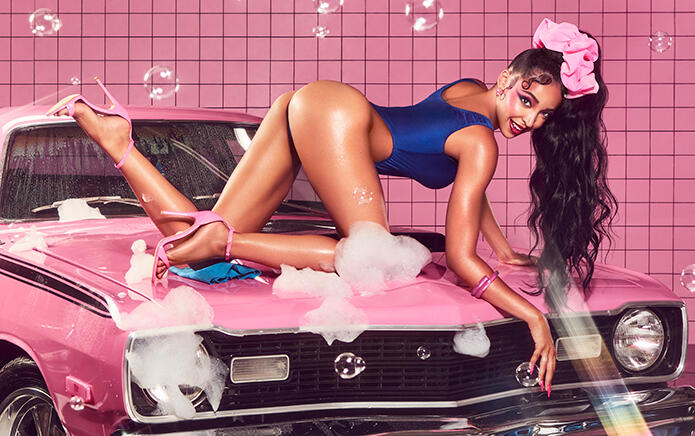
Tinashe came out as a bisexual woman back in 2020 in an interview she did for GAY TIMES magazine. she states that she shied away from labeling herself publicly and never enjoyed the idea of "putting herself in a box."
"I never wanted people to think that I used it for attention. There are so many fucking stereotypes about being bisexual that made me want to shy away from talking about it. I’m much more open to having those discussions now."
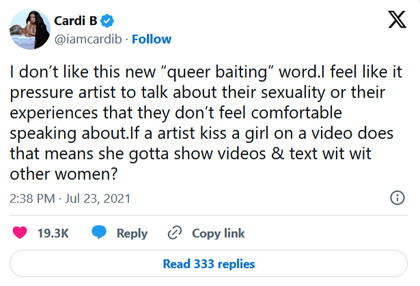
it's worth noting that bisexual individuals often feel pressured to "prove" their sexuality; both to themselves and others.
black women are typically observed with more scrutiny, criticism, and judgment than their white, non-black, and male/masculine presenting peers. in regards to sexuality — this goes tenfold. a plethora of black women/feminine presenting people have had their sexualities discussed and dissected at length: Janelle Monet, Megan Thee Stallion, Tessa Thompson, and Kehlani, to name a few examples.
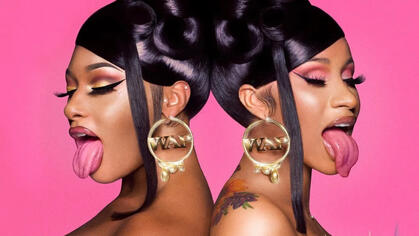
Cardi B is also an artist who was accused of queer baiting and hypersexualizing women and bisexuality, after the release of the 'Wild Side' music video she featured in with Normani.she took to Twitter to refute the claims, stating that she disliked the term "queer baiting." she also quote retweeted The Rolling Stone, stating that she was hiding her baby bump in the music video, and she always expressed her bisexuality and experiences with other women.in 2022, she made the following tweet when the subject of her sexuality became a topic yet again:
"I ate bitches out before you was born …..Sorry I don’t have razr phone pics to prove it to you"
2. queer baiting in k-pop
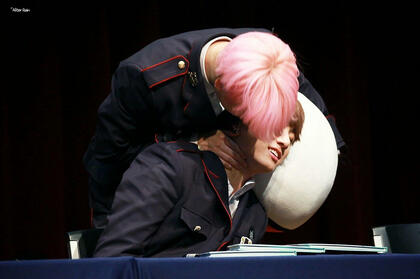
the second most popular form of queer baiting in k-pop is undoubtedly via their music videos. one primary example that is often cited is the 'Monster' music video by IRENE & SELUGI, a sub-unit of the k-pop group Red Velvet. OnlyOneOf is another group that has been scrutinized for their use of queer elements in their music videos — particularly 'libidO'
k-pop is one of the biggest forms of entertainment in recent years, with a wide variety of groups to choose from that have different aesthetics, sounds, and even narratives within their music videos. one of the other things that k-pop engages with, both to the liking and disdain of fans — is the way idols and their companies engage with and sometimes exploit queerness.almost all k-pop groups perform fanservice for their fans, where group members will either do aegyo (cute acts and poses), dance to certain songs fans like, or, most popularly — interact with their group mates. more often than not, it's primarily skinship that fans want to see, idols physically engaging with one another. with (primarily) female fan bases, k-pop companies use skinship to their advantage knowing that fans often romantically and sexually ship the members together, and they are almost always the same gender. more skinship with each other, in turn, equals appeasing their fans and their parasocial relationship with the group, as well as keeping their monetary interest and support.

3. western artists & queer exploitation
Katy Perry’s music video 'I Kissed a Girl' is one example of queer exploitation performed by a celebrity. the song and music video were made with the intention of being consumed a specific way — the topic of the song at the time it was made was relatively taboo, which is why the song and music video were perceived as raunchy. it was inherently sexualizing and demeaning lesbians and queerness, making it seem as if lesbianism was a "fun thing" girls could opt in and out of as opposed to a legitimate sexuality and identity.
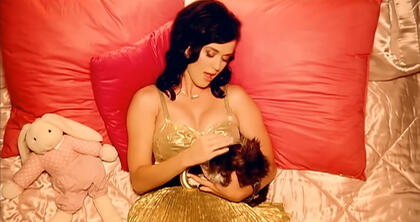
"this was never the way I planned / not my intention""I kissed a girl and I liked it / the taste of her cherry chapstick / I kissed a girl just to try it / I hope my boyfriend don't mind it""you're my experimental game / just human nature / it's not what good girls do"
3.2 western artists & queer exploitation
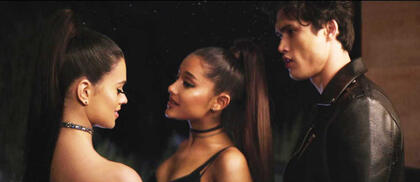
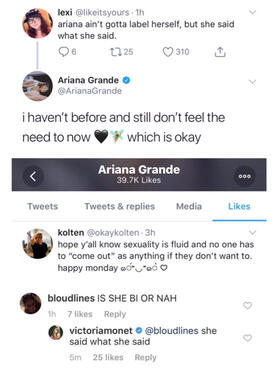
Ariana Grande has also been accused of queer baiting and exploiting queerness. in her music video 'Break Up With Your Girlfriend, I'm Bored,' she actively tries to get with a man, but flirts with both him and his girlfriend (who bears somewhat of a resemblance to the singer) various times in the music video. at the end of it, it's teased that the two women kiss. she was primarily accused of hypersexualizing bisexual women, promoting harmful stereotypes about bisexuality, in addition to other things.Grande has never "come out" or clarified her sexuality. in 2019, she stated that she never felt the need to label herself, and some defended her decision. this was after the release of her song 'Monopoly' with Victoria Monét, where she sings the lyric "I like women and men" with Monét.
3.3 western artists & queer exploitation
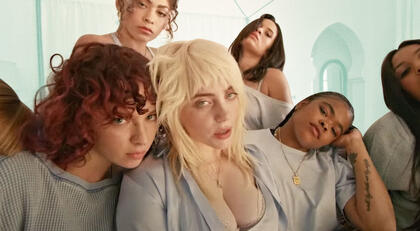
in 2021 she posted to Instagram with "i love girls" as the caption to promote the music video. this added on to the queer baiting accusations she was already getting.at the time, Eilish wasn’t out as a gay woman. but she admitted in december 2023 for Variety that she is attracted to women, seemingly “coming out” as bisexual. later, she clarified by saying:
"It’s exciting to me because I guess people didn’t know, but it’s cool that they know.”
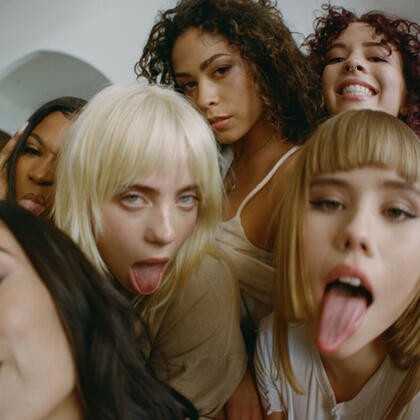
another popular and semi-recent example of queer baiting in relation to celebrities is Billie Eilish, who back in 2021 released her 'Lost Cause' music video. she received backlash for this due to the interactions she has with the other women in the music video that were perceived by others to be romantic, or queer in nature.the 'Lost Cause' music video primarily portrays female friendship. granted, the girls in the music video are physical with one another, but cis/straight women tend to be physically intimate with their friends in various ways that aren’t inherently romantic or sexual.

4. on-screen/fictional queerness intersecting with reality
Hayley Kiyoko is a well known lesbian artist and actress. she publicly came out in 2015 with the release of her album "This Side of Paradise" and specifically with the track 'Girls Like Girls'. Kiyoko made a music video for the song as well.before coming out, Kiyoko played various roles on both TV and the big screen; her most notable roles being Velma in the 2009 and 2010 Scooby Doo live-action movies, and Stella Yamada in Lemonade Mouth (2011). she stated before in an interview with Them that she was always scared of viewers finding out she was gay.
"Any time I was on a TV show, I was very concerned and worried that people would know I was gay."
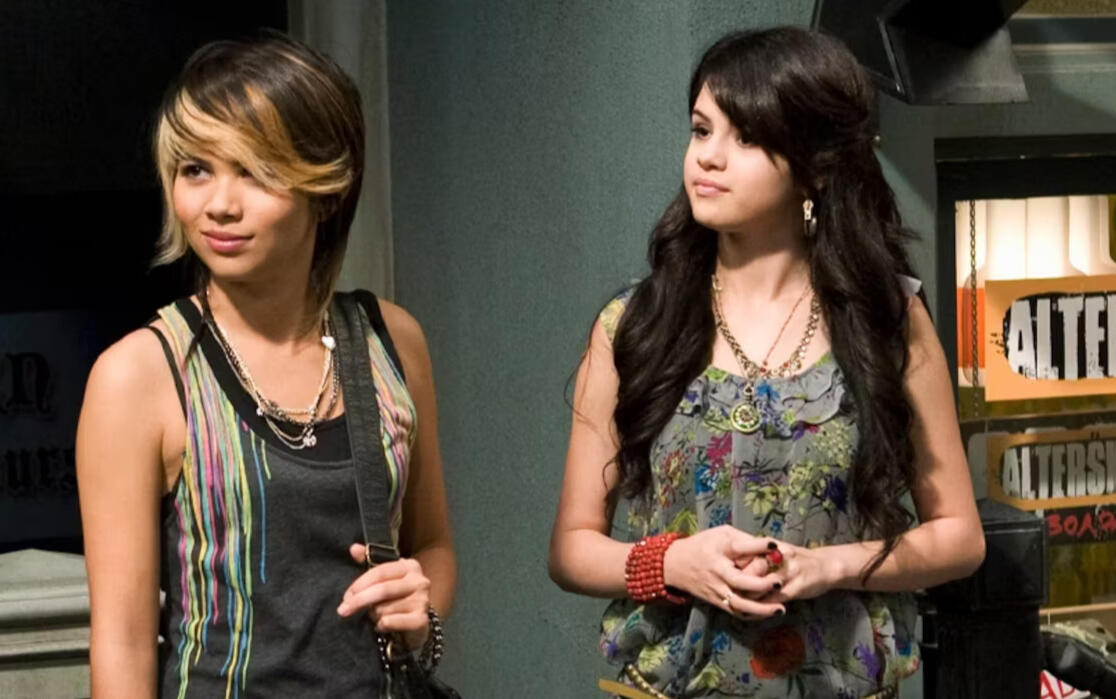
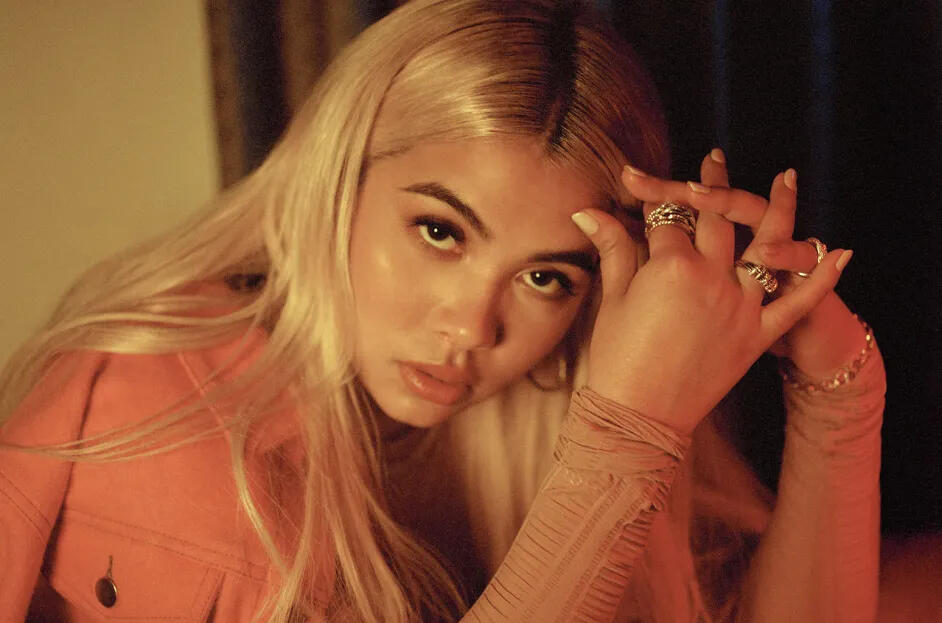
although the characters Kiyoko played were often perceived as queer by viewers, this wasn't an intentional thing on her part. when talking about the character Stevie Nichols from Wizards of Waverly Place, this is what she said:
"I was just, like, naturally very gay, I had no notion or thoughts that there was some kind of, like, undertone or underlying storyline that was going on. When I rewatch the episodes, I see that. The lesbian energy was really thriving at that moment."
4.2 on-screen/fictional queerness intersecting with reality
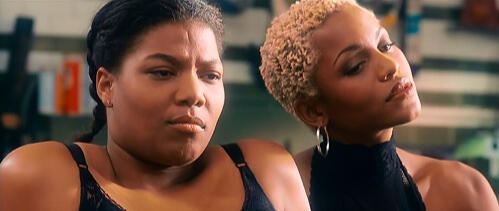
later on in the 2000s, Latifah often evaded or outright refused to answer questions regarding her sexuality or put a label on herself — most famously, in a 2008 interview with the New York Times:
"I do have a problem discussing my personal life ... You don’t get that part of me. Sorry. We’re not discussing it in our meetings. I don’t feel like I need to share my personal life, and I don’t care if people think I’m gay or not. Assume whatever you want. You do it anyway."
Queen Latifah is another example of a musician and actress who had been rumored to be gay. though the speculation over her sexuality began earlier on in her career, it amped up considerably when she starred in the film Set It Off (1996) playing a butch lesbian named Cleo.
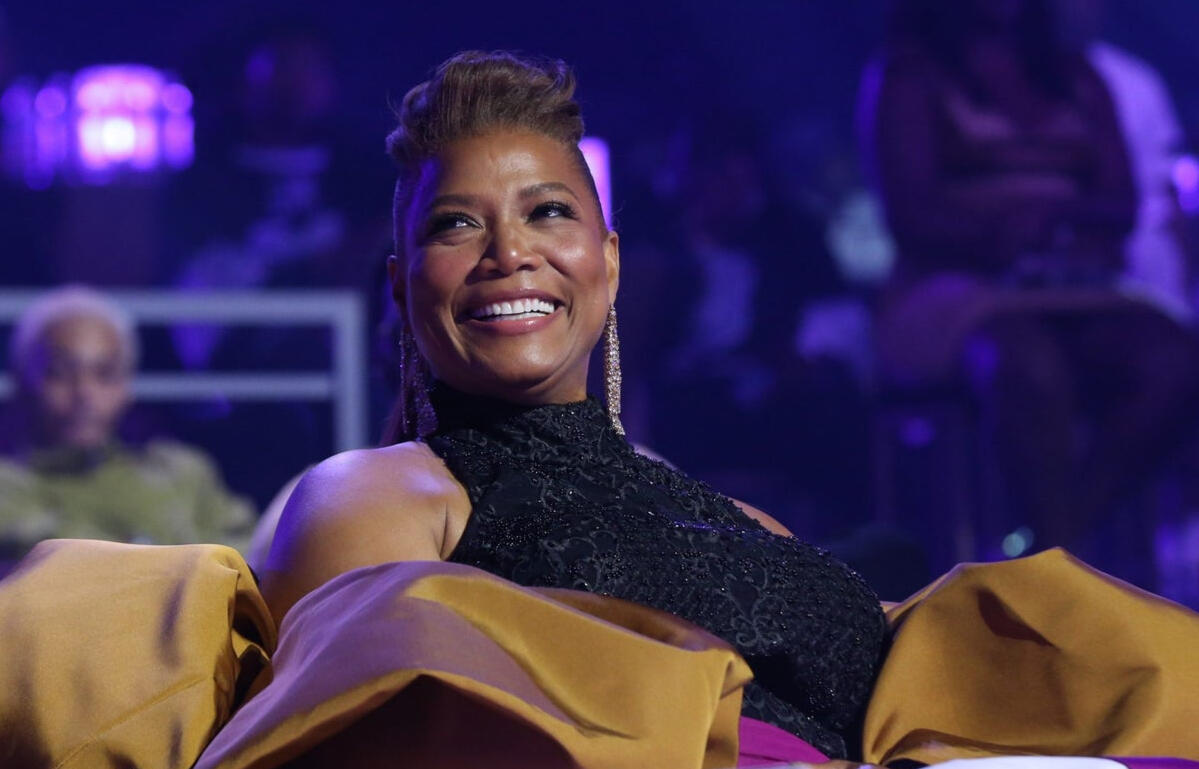
however, Queen Latifah eventually came out publicly in a speech while receiving her Lifetime Achievement Award at the BET awards in 2021, acknowledging her longtime partner Eboni Nichols and their son:
"Eboni, my love. Rebel, my love. Peace. Happy Pride!"
4.3 on-screen/fictional queerness intersecting with reality
two-time best Actress Oscar winner Jodie Foster is an immediately recognizable actress who had always been read as a visible lesbian woman. Foster is known for being an extremely private individual, who, like Queen Latifah, avoided touching the topic of her sexuality. a video that is often cited as "evidence" for her being gay early on in her life is from a clip from an interview done in 1979, where she was asked about a boyfriend and responded vaugely, using gender neutral terms to speak about romance.
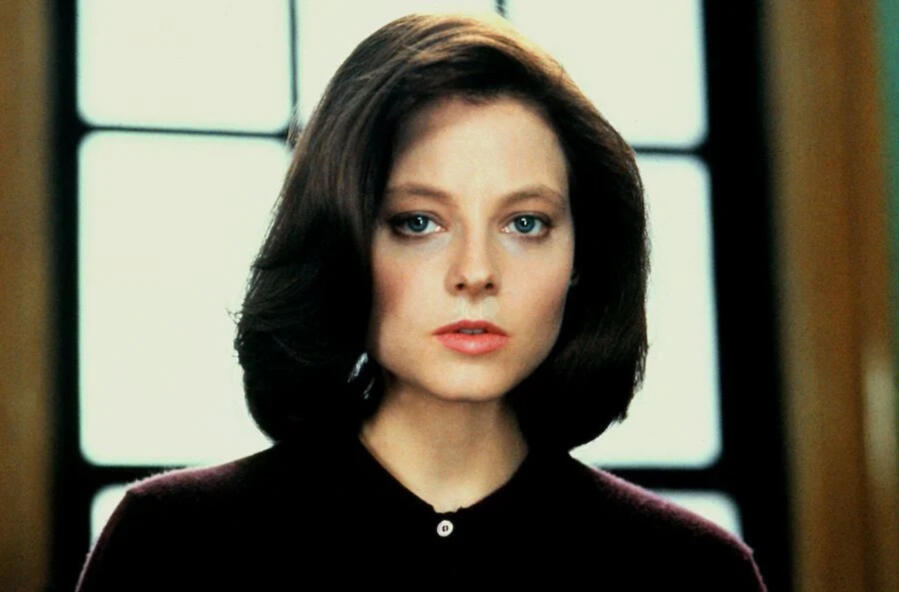
although this speech angered some people within the LGBT community, it was primarily well received. Foster hadn't played any explicitly gay roles until she was cast for the Netflix biopic Nyad (2023), where she plays a lesbian named Bonnie Stoll.
for years, Foster had been under extreme scrutiny by the LGBT community for never verbally coming out and acknowledging herself as a lesbian to the public. however, in 2013, she "came out" during a speech at the Golden Globes where she accepted the Cecil B. Demille Award:
"Seriously, I hope that you're not disappointed that there won't be a big-coming-out speech tonight ... I'm told that every celebrity is expected to honor the details of their private life with a press conference ... that's just not me."
